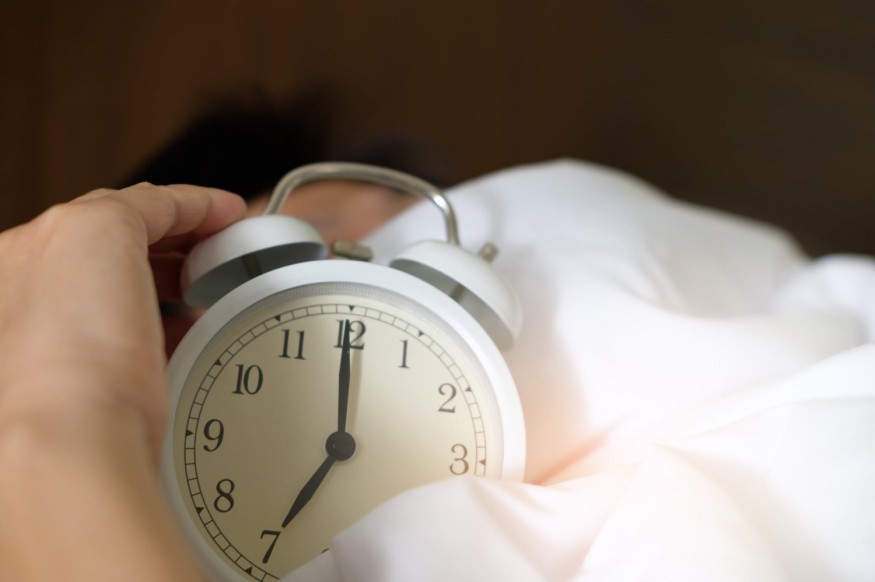
We all know that we all need to get at least 6 to 8 hours of sleep every night in order to be healthy and to give great skin, but not everyone can follow these suggested sleeping hours. Not catching enough sleep at night can affect your skin, here are some of them:
Effects of sleep deprivation
If you do not have enough sleep, you deprive your body, brain, and skin of nourishment. Sleep is very good for your body, brain and your skin as sleep replenishes the nutrients that your body, brain, and skin need. Rebecca S. Robbins, M.D., Ph.D., a sleep expert and a researcher at Cornell University said that during a good night's rest, your body works to remove the dead blood cells and the dead brain cells, and it clears the pathways for new synapses to take place so that new blood and brain cells can replace the old ones.
Your brain also gets rid of 60% more toxins when you get the proper amount of sleep. Overall, sleep can help you feel more refreshed when you get up and you can think more clearly and it gives your skin a better glow.
Imbalanced skin
Not enough sleep can make your skin imbalanced, which often leads to redness, dehydrated complexion, and breakouts. Not only does not get sleep negatively affect your body, but it can also affect the moisture levels in your skin. Lack of sleep decreases the moisture in your skin and it also lowers your skin's pH levels, which is why your skin loos less youthful and has less glow.
When the pH level of your skin drops, they create an imbalance and it causes your skin to not be able to produce the moisture that it needs, so it makes it look very dry. It can also create unnecessary redness, thus leaving your skin uneven and even trigger some breakouts.
The absolute critical component of your beauty regimen is monitoring the amount of sleep that you get and using skincare products that can help keep your skin at a slightly acidic level so it keeps the moisture in and the bacteria out. However, you may need more or less than eight hours, Dr. Robbins stated. To know the exact amount that your body needs to function on all cylinders, you can go to bed 15 minutes earlier every night and continue adding 15 minutes until you wake up and stay feeling that way all day long.
Dark circles
If you do not get enough sleep, you develop dark circles. As you sleep, your body's cell regenerates, especially at skin level. Burning the candle at both ends is the main reason why your blood vessels dilate, which often leads to dark circles. Getting the right amount of sleep keeps everything operating how it should and it will help reduce the blue or the purple shadow under your eyes.
If you ever pulled an all-nighter and you need to cover the spots, you can apply a chilled, skin-tightening eye cream that contains caffeine-packed Japanese green tea extract under your eyes and then conceal the dark cast with a concealer that matches your skin tone perfectly in a triangular formation. Do not use any highlighter, instead go for bold lip color.
REM sleep
There are four different stages of sleep, stages one and two are when you are in between being awake and being asleep, and stages three and four are when REM or rapid eye movement happens and cell regeneration happens. Alcohol is referred to as a REM sleep inhibitor, because drinking as little as two servings within 2 hours of your bedtime will prevent your system from functioning optimally the following day, and it creates the domino effect of bad complexion, crepe-like skin, and dry skin.
One of the main reasons for sleep deprivation is your devices. It is difficult to deny a good social media session or watching videos on your phone before bed, but going through your device before you sleep is doing more harm to your skin than you think. It is best to keep your device away at least 30 minutes before you supposed bedtime in order to get your much-needed sleep.










